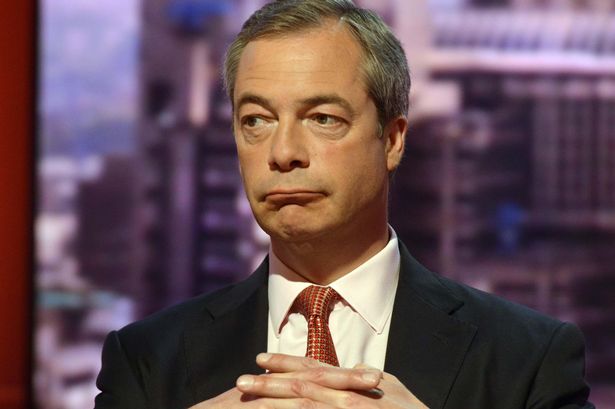The eurosceptics group, led by the UKIP head, is getting disassembled: after the Northern League, which preferred to join forces with Marine Le Pen’s Front National, both Danish People’s Party and True Finns joined Conservatives. So far, MEPs come from just four Member States
Time is pressing onwards, and Nigel Farage is playing an increasingly complex match for the creation of a political group at the European Parliament. Notwithstanding the overwhelming victory, which brought about 24 MEPs for the UKIP for the next parliamentary term, the British nationalist politician is still struggling to gather enough MEPs from enough Member States – at twenty-five MEPs from at least seven Member States – to create its group at the EP. Things got tangled with the defection of two of the parties belonging to the EFD group during the latest term: True Finns and Danish People’s Party, which officialised and communicated their decision of joining the conservative ECR group.
A crucial step for the group founded by British Tories, which in this way are already getting 58 seats – so far, the fourth group of the entire parliament – with 16 parties from 13 countries. Danish People’s Party, far-right political force opposing immigration, holds four seats (first party at the national European elections), while True Finns, strongly anti-europeistic and nationalists, holds two positions. Other MEPs can join their forces with the ECR: conservatives were asked to create a coalition by the German anti-euro party, Alternative for Germany, but decided to decline the offer, trying to preserve their relations with Berlin.
Things are a lot worse for the EFD: after the Northern League, which joined its forces with Marine Le Pen’s Front National, other pieces of the ‘puzzle’ are going away. If you just take into consideration UKIP and 5 Stars Movement’s seats, you already have 41 MEPs – still, the ‘multi-national’ aspect is still missing. So far, even with a sure ally as the 5SM, Farage has got just four Member States into his group: other MEPs would come from the Lithuanian nationalist and conservative party, Order and Justice (two MEPs) and from the Party of Free Citizens of the Czech Republic, strong opposer of the single currency (one MEP). Excluding the parties that have already declined the possibility of a coalition with the UKIP, there are few possibilities left. There are other two Lithuanian parties – which would not increase the number of Member States involved, though – the only other possibilities are Swedish Democrats (far-right nationalist party), with two MEPs, the German Alternative for Germany (seven MEPs) and the Polish Congress of the New Right (four MEPs). Currently, the only possibility for Farage to get seven countries is to have all of these forces join him.



![Una donna controlla le informazioni sul cibo specificate sulla confezione [foto: archivio]](https://www.eunews.it/wp-content/uploads/2014/12/Etichette-alimentari.jpg)


![Ragazza in biblioteca. Nell'Ue chi studia non lavora e neppure cerca. In Italia funziona ancor più così [foto: Tulane University, Wikimedia Commons]](https://www.eunews.it/wp-content/uploads/2024/11/Girl_in_the_Library_3638661587-350x250.jpg)



